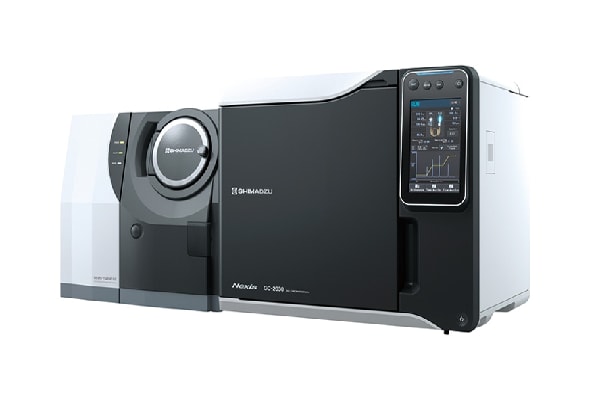
GCMS-TQ™ 8040 NX
- Peakintelligence™ improves the accuracy of automatic waveform processing. - The SPL-M100*1 can analyze odor by dynamic HS and metabolomics pretreatment by solid-phase derivatization. - SPL-M100 automatically completes the next sample preparation (in 15 minutes) while the previous sample is measured by GC, achieving high-throughput analysis in virtually 0 minutes of sample preparation.
Herbal medicine is a traditional drug therapy developed in ancient China. These chemicals use natural plant and animal-derived ingredients to condition the body. However, as a challenge in Chinese medicine, the taste is bitter and difficult to drink, and various methods have been tried to adjust the taste. A gas chromatograph mass spectrometer is used to analyze these taste components, which can comprehensively analyze even small amounts of components with high accuracy. However, sample preparations to extract and derivatize these components (hydrophilic metabolites) require much effort, TMS derivatives lack stability over time (appropriate correction methods are required), and data analysis takes time. This application illustrates an analysis of three commercially available Chinese herbal medicines (n=5) measured with a gas chromatograph mass spectrometer, GCMS-TQ8040 NX, equipped with an online preprocessing automatic device, SPL-M100 (AiSTI Science Inc.) (Fig. 1)1). Since simultaneous measurement of TMS derivatization of more than 400 components, such as organic acids and amino acids by GC-MS, can be completed in 23 minutes, while sample preparation by SPL-M100 can be completed in about 15 minutes, the system is designed to automatically prepare the next sample while GC-MS measures the previous sample. For data analysis, we used AI signal processing called Peakintelligence, which performs AI signal processing, to perform more precise peak integrations. Using the time gained from the automation and AI assistance, we performed statistical analysis using the Multi-Omics Analysis Package (Garuda). We used Chatcata (Xi’an Startia Soft Co., Ltd.), a secure generative AI that learns proprietary information (confidential information such as your company’s internal documents, etc.) and provides answers (Fig. 2).
March 5, 2024 GMT
Some products may be updated to newer models